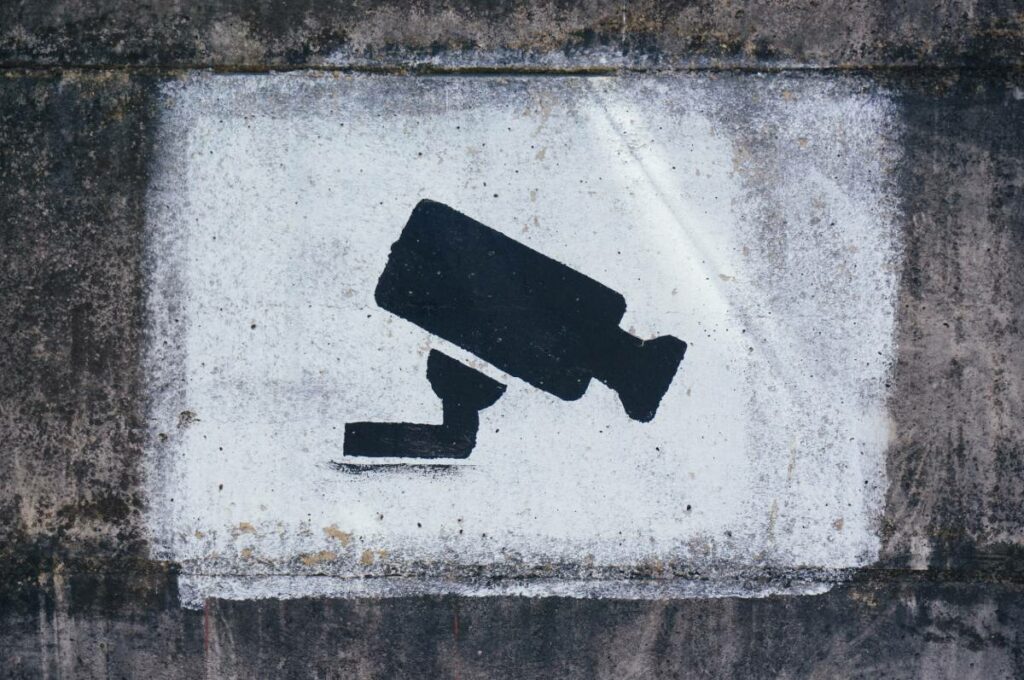Has ever been curious about what goes on behind the scenes in a private investigator’s life? It can be an exciting and mysterious career, offering unique problem-solving opportunities. We will uncover the tasks and skills of a private investigator: from working with clients to gathering evidence, no stone will go unturned! From novice sleuths to seasoned pros, anyone interested in learning more about PI work can get some insight here. Read on for more information and discover how involved (and exciting!) being a private investigator can be.

Overview of the Role of a Private Investigator
Working as a private investigator can be an exciting and rewarding career for individuals who want to make a difference in the world and solve complex problems. Private investigators are responsible for conducting investigations of various legal and criminal matters, ranging from corporate work, such as fraudulent activities, to locating missing persons. To be successful in this field, one needs to possess vital research and investigation skills, have good communication abilities, and have a talent for obtaining discrepancies or solutions to complex problems.
The job often requires working long hours, collecting evidence through surveillance cameras or undercover operations, preparing detailed reports based on findings, and more. In any case, it is up to the investigator’s discretion as to how many resources they use to gather the necessary evidence in a given situation.
How to Become a Private Investigator
Embarking on a journey to become a Private Investigator is an enthralling and rewarding endeavor filled with excitement and intrigue. The desire to uncover hidden truths and assist clients in solving complex issues fuels the dedication and determination of a Private Investigator. To master the art of investigation, one must obtain the required licensure, as every state has unique requirements that must be met. This typically involves completing relevant courses or getting a degree in criminal justice or a related field to gain a strong foundation in investigative techniques.
In addition, networking with seasoned professionals and gaining hands-on experience through internships or mentorships allow aspiring investigators to sharpen their skills, learn valuable strategies, and navigate the ethical complexities of this fascinating profession. As you hone your expertise, be prepared to seize opportunities by staying current with new technology and methods, setting yourself up for a successful and fulfilling career as a top-notch Private Investigator.
Common Types of Investigations Carried Out By Private Investigators
Private investigators often come to mind as enigmatic figures in trench coats solving mysterious cases. Their profession entails a wide range of investigations, some more common than others. Surveillance and background checks are the bread and butter of private investigators. These can involve closely monitoring target individuals to gather information or locating missing persons. Additionally, they frequently conduct asset searches to unveil hidden assets, determining a person’s financial standing for various situations such as divorce disputes, legal battles, or debt recovery.
Furthermore, private investigators can lend their expertise to uncover insurance fraud, workers’ compensation scams, and other types of sophisticated schemes. In short, the multifaceted world of private investigations spans far beyond the shadows and keeps communities safer and more informed.
The Benefits and Challenges of Being a Private Investigator
The life of a private investigator is often portrayed as adventurous and thrilling, filled with perplexing cases and covert operations. However, beneath the exhilarating facade, it is a career with many challenges and rewards. In their pursuit of the truth, private investigators have the unique opportunity to dive into the mysteries surrounding criminal suspects and untraceable individuals, continually stimulating their innate curiosity and problem-solving abilities.
Yet, with the benefits comes a trade-off of navigating through various predicaments like erratic work hours and personal safety risks, demanding a certain level of mental and physical resilience. Moreover, striking a balance between ethical boundaries and the pursuit of sensitive information often puts these professionals in a complex moral problem. Private investigators’ benefits and challenges create a unique and enthralling career, undoubtedly attracting individuals with an insatiable appetite for unraveling the unknown.
Advanced Technology Used by Private Investigators
Advanced technology has transformed the world of private investigations, arming modern sleuths with cutting-edge tools that push the boundaries of traditional detective work. These private eyes can now secretly and effortlessly peer into the lives of their subjects, accessing sensitive digital records, and collecting hard-to-find evidence with unprecedented ease. Complex surveillance systems, data-mining software, and drone technology are significant in solving complicated cases.
Gone are the days of stakeouts and manual file searches—today’s private investigators are equipped to extract crucial information in the blink of an eye, ensuring justice is served with unyielding precision. As technology continues to evolve, the capabilities of these professionals will only expand further, redefining what it means to be a private investigator in the digital age.
Final Thoughts
Becoming a private investigator is an exciting career path but requires dedication and commitment. Private investigators must stay continuously informed of their chosen legal jurisdiction’s laws surrounding the practice of investigation to remain compliant with slowly changing regulations. As the reliance on advanced technology increases, so too will the investigative capabilities within private investigation firms.
Using sophisticated tools such as facial recognition and audio monitoring software can increase the likelihood of obtaining vital evidence from delicate investigations. Ultimately, becoming a successful private investigator demands an unwavering commitment to professionalism, accessibility for clients, astuteness for researching and exploitative techniques, and superior ethical standards that are both legally sound and effectively compassionate.




